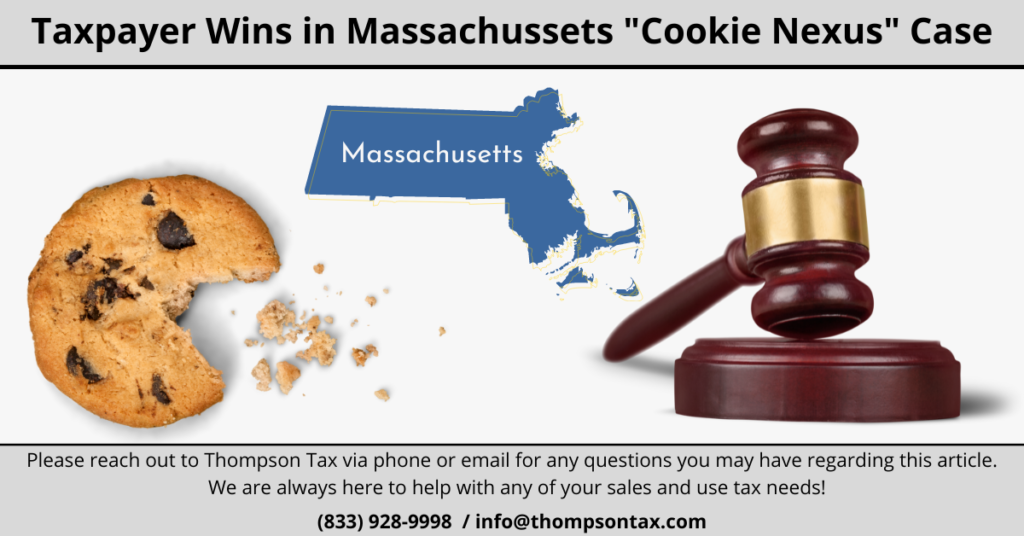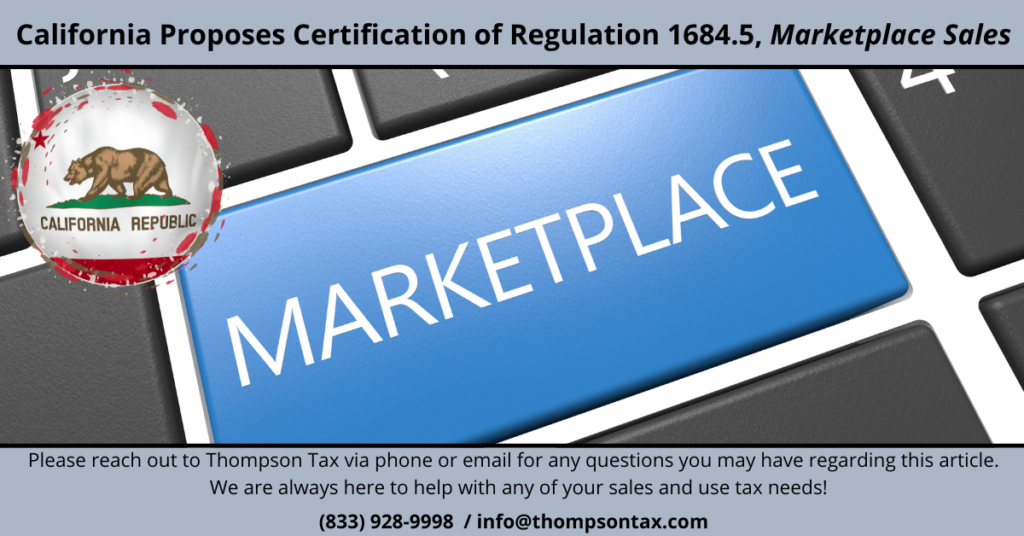‘Tis the Season for Sales Tax Holidays – Preview Upcoming Dates for the Remainder of 2024
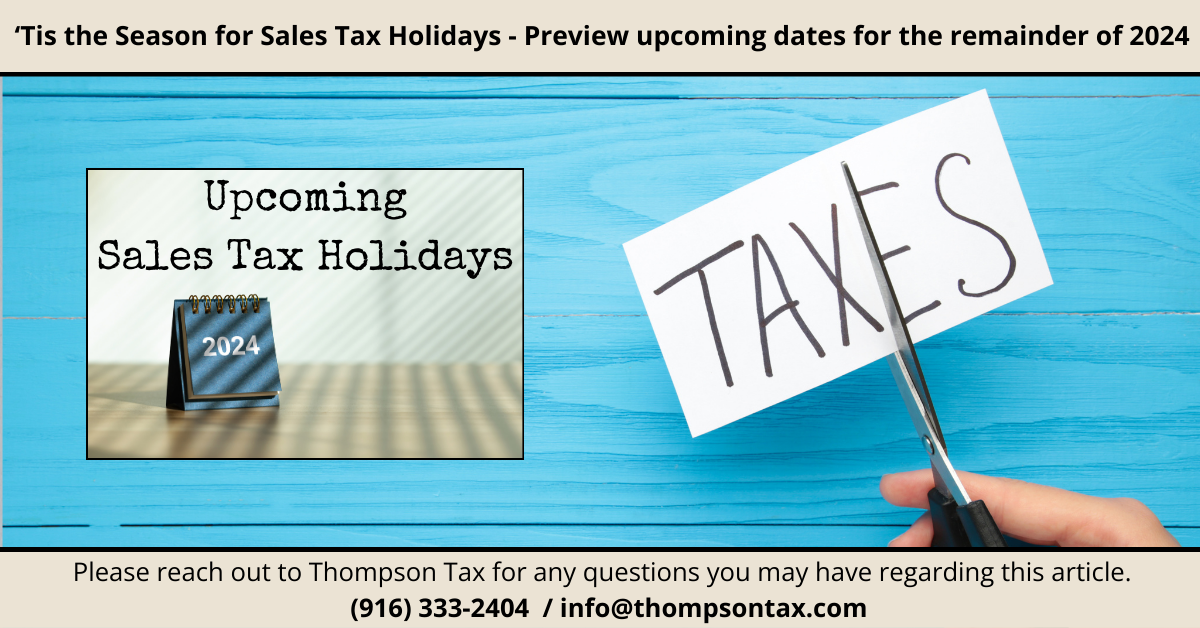
As the second half of 2024 begins, we would like to remind you about the upcoming sales tax holidays across the U.S.
Happy Shopping!
- Alabama
-
- Annual back-to-school sales tax holiday, July 19-21
- Arkansas
-
- Annual sales tax holiday (clothing, certain electronic devices, and school supplies, including art supplies and instructional materials), August 3–4, 2024
- Connecticut
-
- Clothing and footwear less than $100, August 18–24, 2024
- Florida
-
- Freedom Month sales tax holiday (certain outdoor activity supplies), July 1–31, and (admission to certain events) July 1-Dec 31, 2024
- Back-to-school sales tax holiday, July 29–August 11, 2024
- Disaster preparedness sales tax holiday, August 24–September 6, 2024
- Tool time sales tax holiday, September 1–7, 2024
- Iowa
-
- Clothing and footwear, August 2–3, 2024
- Louisiana
-
- Annual Second Amendment sales tax holiday, September 6–8, 2024
- Maryland
-
- Annual tax-free week (clothing and footwear priced $100 or less; first $40 of qualifying backpacks or bookbags), August 11–17, 2024
- Massachusetts
-
- Annual sales tax holiday (most tangible personal property priced at $2500.00 or less), August 10–11, 2024
- Mississippi
-
- Annual Second Amendment sales tax holiday, August 30–September 1, 2024
- Missouri
-
- Annual back-to-school sales tax holiday, August 2–4, 2024
- Nevada
- Active-duty Nevada National Guard sales tax holiday, October 25–27, 2024
- New Mexico
-
- Annual back-to-school sales tax holiday, August 2–4, 2024
- Small business Saturday gross receipts tax holiday, November 30, 2024
- Ohio
-
- Annual sales tax holiday (most tangible personal property less than $500.00), July 30–August 8, 2024
- Oklahoma
-
- Sales tax holiday (clothing and footwear less than $100), August 2–4, 2024
- Puerto Rico
-
- Annual back-to-school sales tax holiday, July 19–20, 2024
- South Carolina
-
- Annual sales tax holiday (clothing and footwear, school supplies, select bed and bath items, and some misc. products *No price restrictions), August 2–4, 2024
- Tennessee
-
- Annual sales tax holiday (apparel priced $100 or less, school and art supplies priced $100 or less, computers, laptops, and tablets priced $1500.00 or less), July 26–28, 2024
- Texas
-
- Annual sales tax holiday (clothing, footwear, cloth, and disposable masks, certain school supplies, and backpacks priced under $100.00), August 9–11, 2024
- Virginia
-
- Annual sales tax holiday clothing, footwear, EnergyStar and WaterSense Products, portable generators, gas-powered chain saws, specified emergency preparedness items, and school supplies) *Price restrictions, August 2–4, 2024
- West Virginia
- Annual sales tax holiday (clothing and footwear, school instructional materials and supplies, computers, sports equipment) *Price restrictions / *Certain products do not qualify,August 2–5, 2024
This list is not exhaustive; please contact Thompson Tax today for more details. We are always just a phone call away.

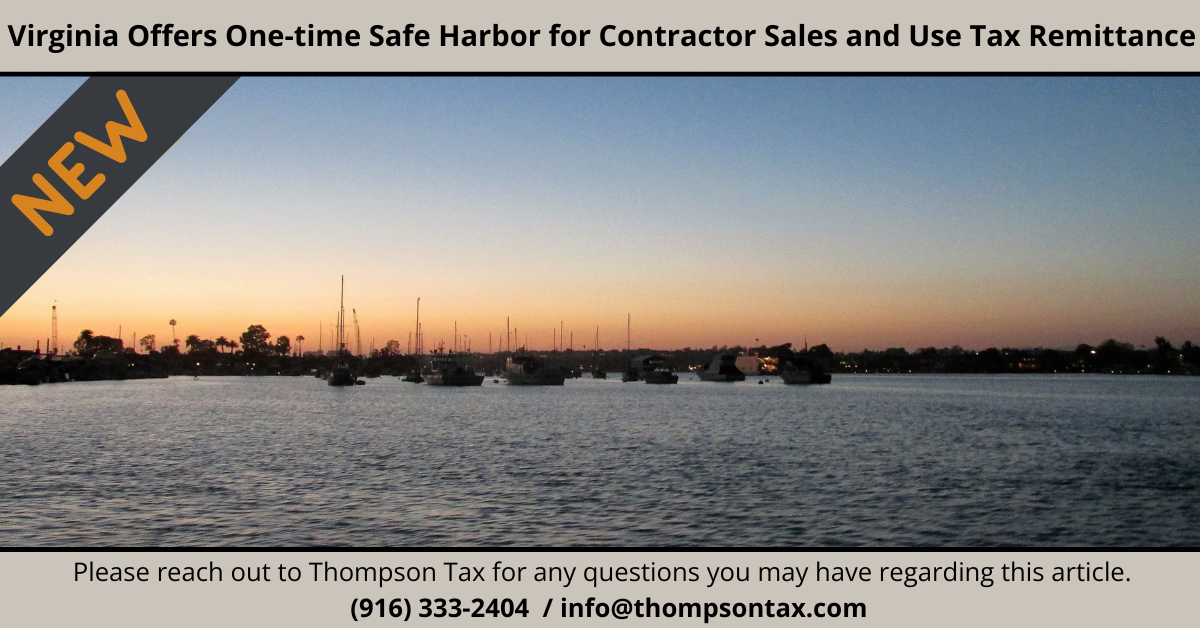
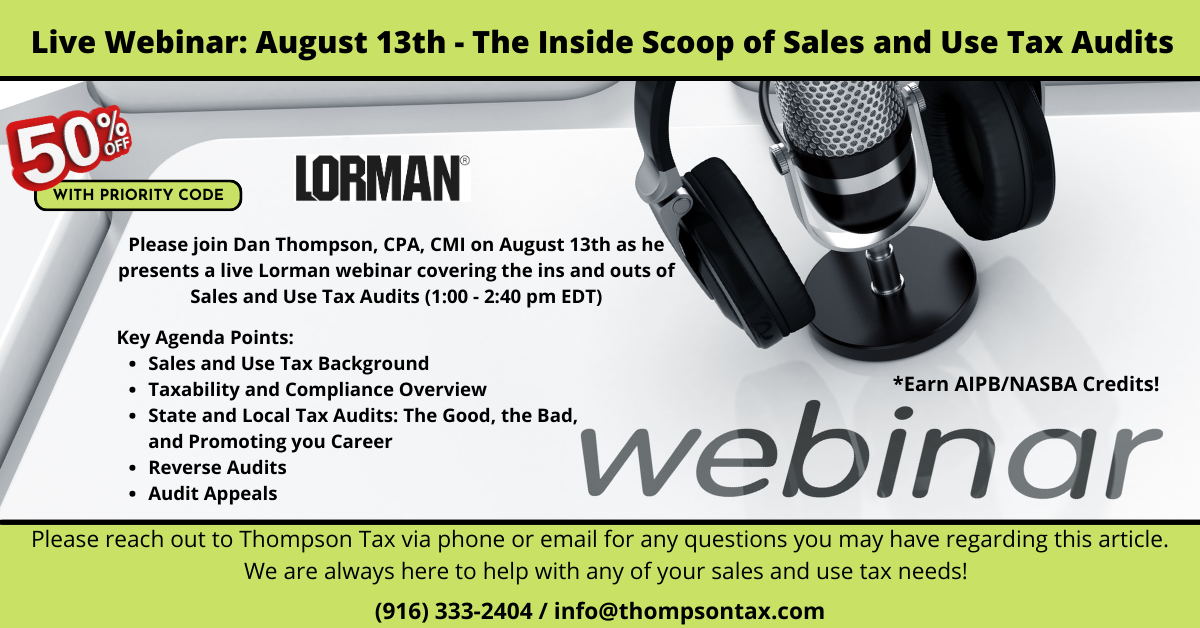
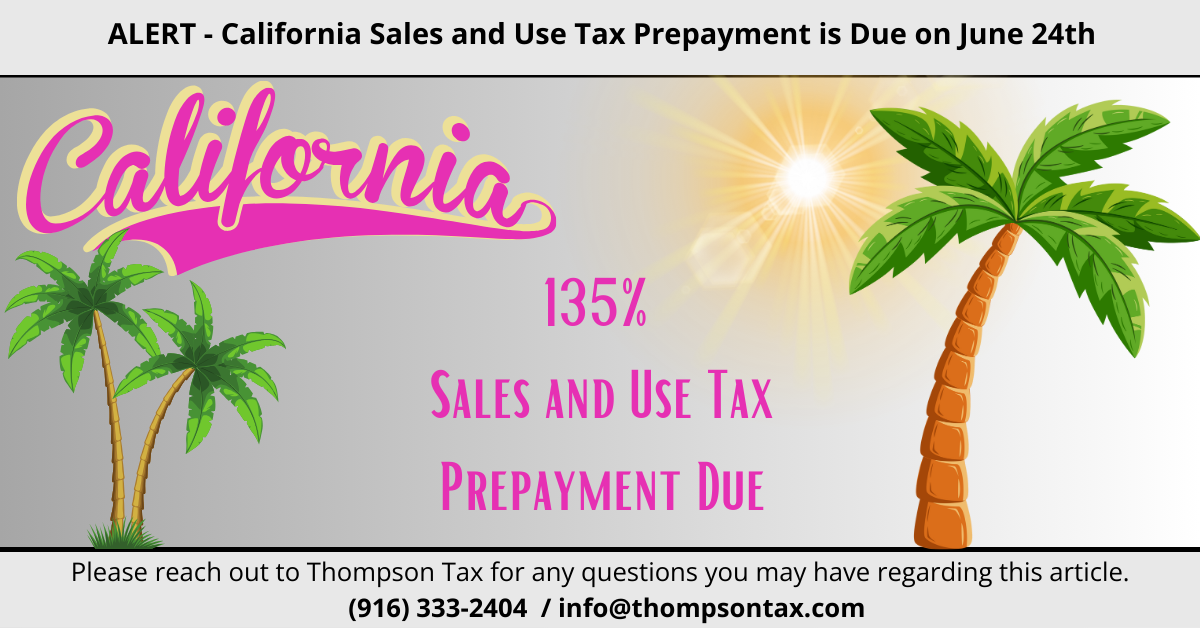
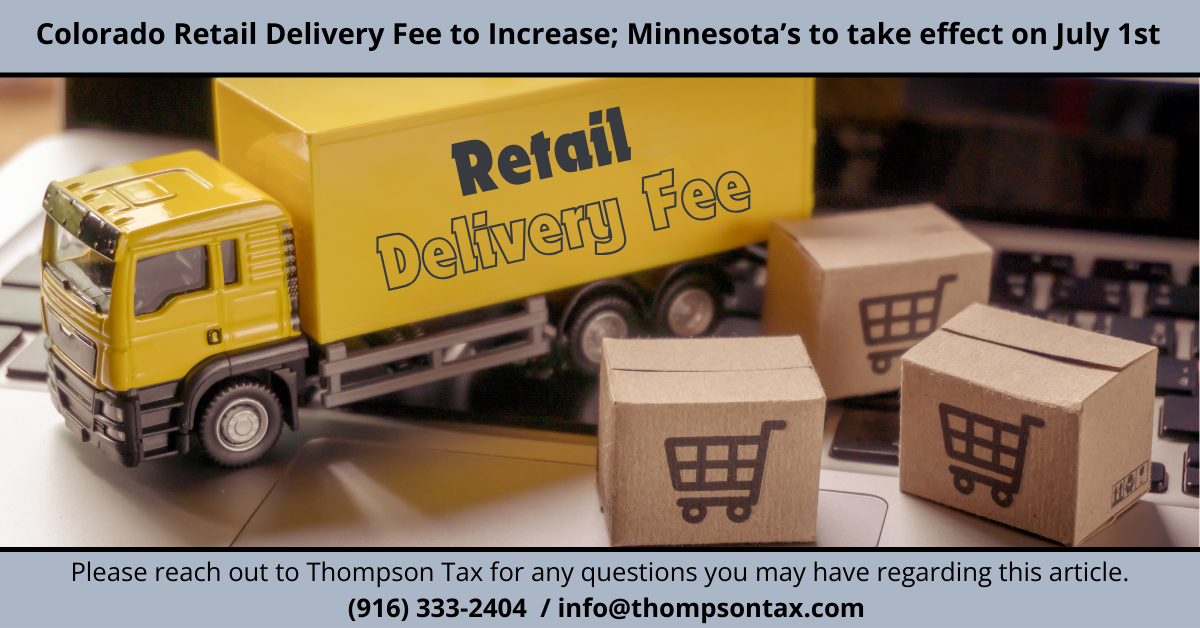
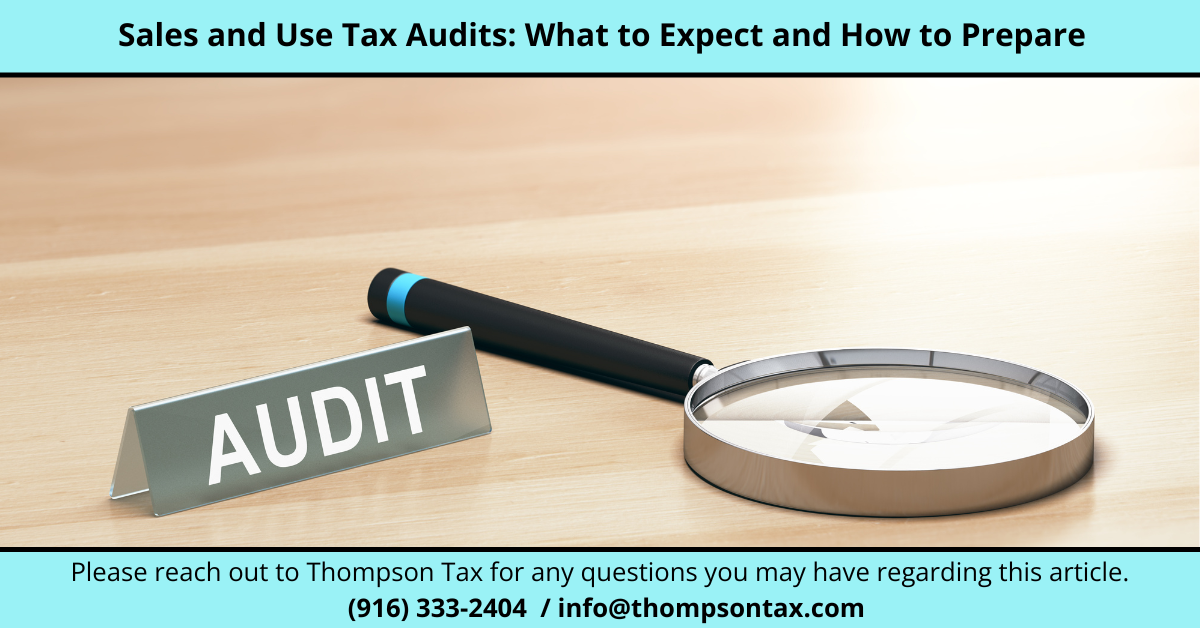
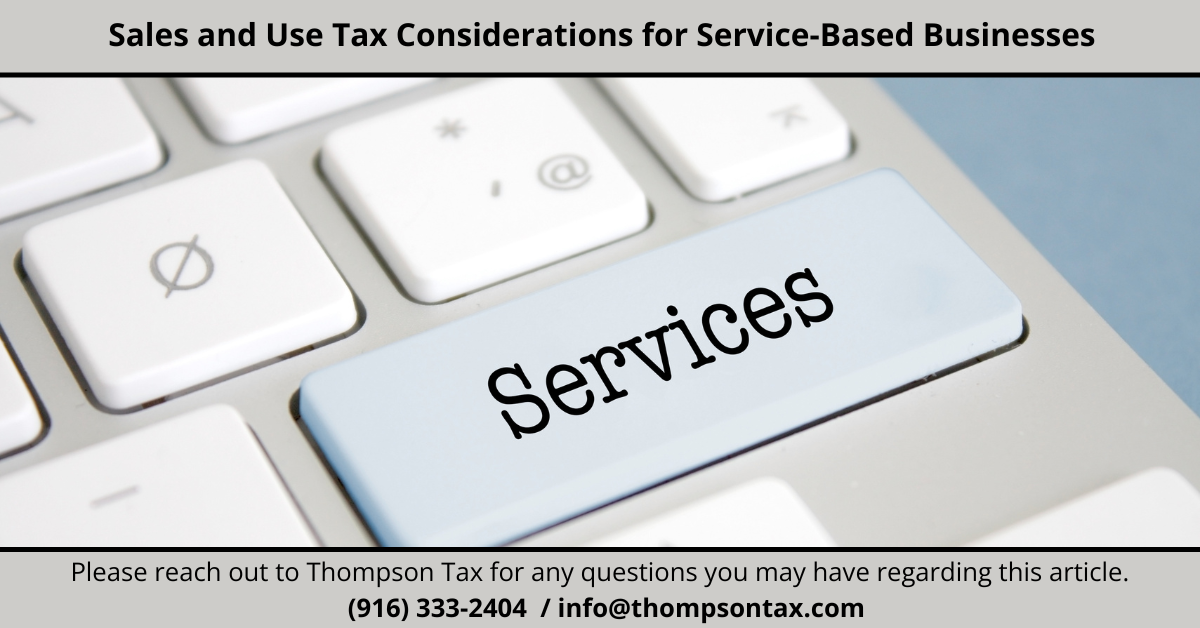
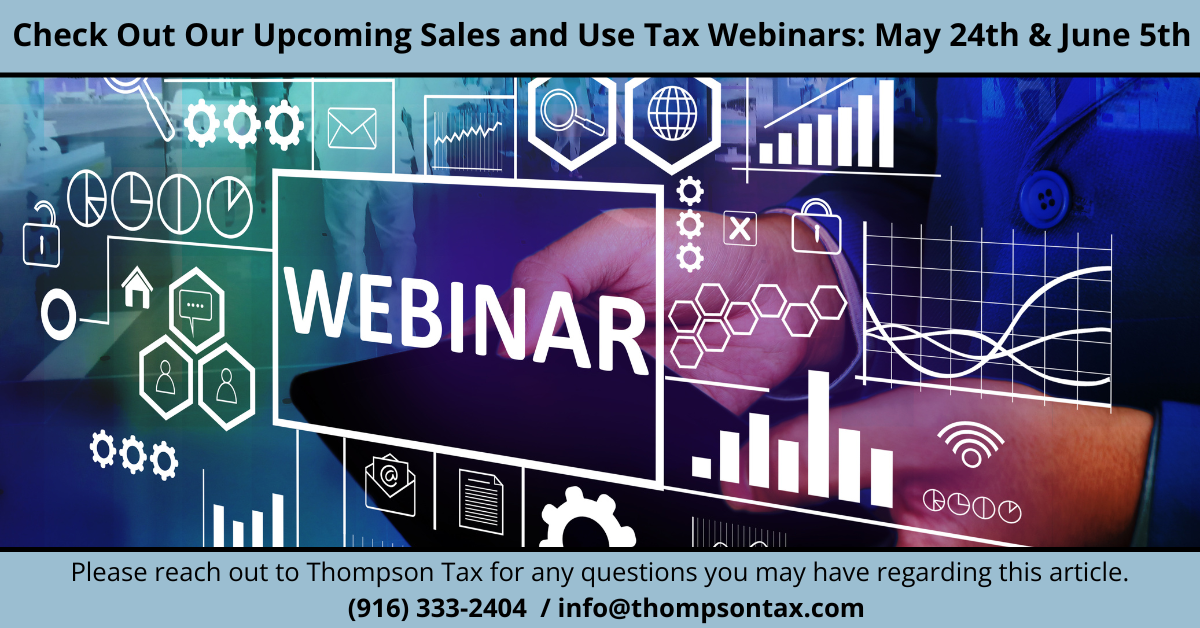
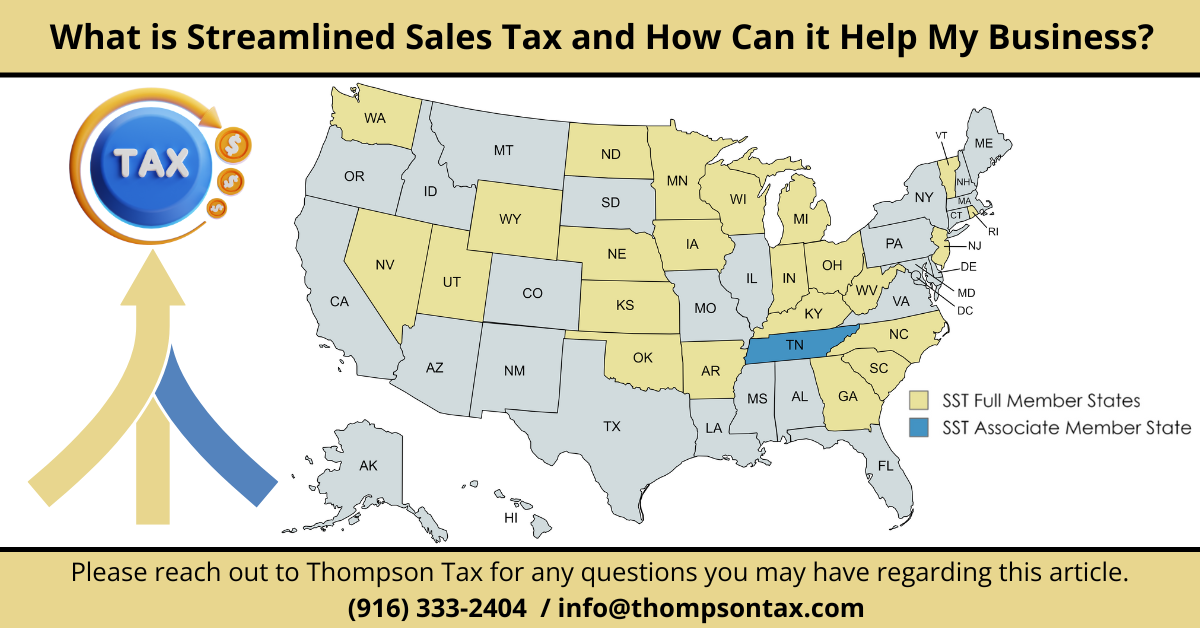

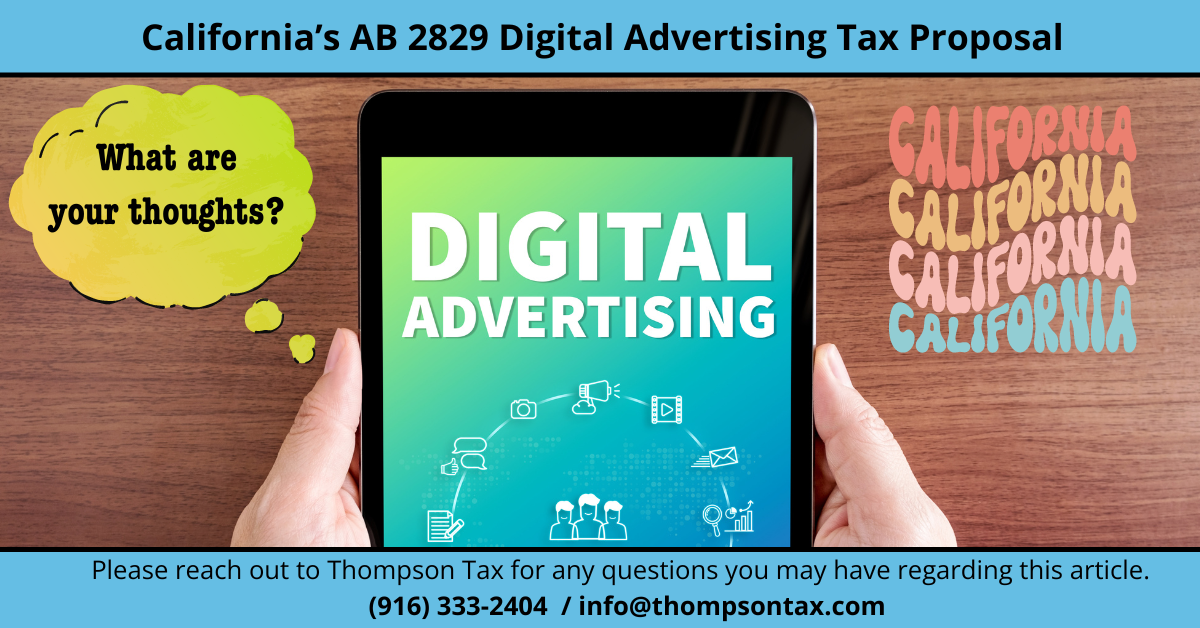
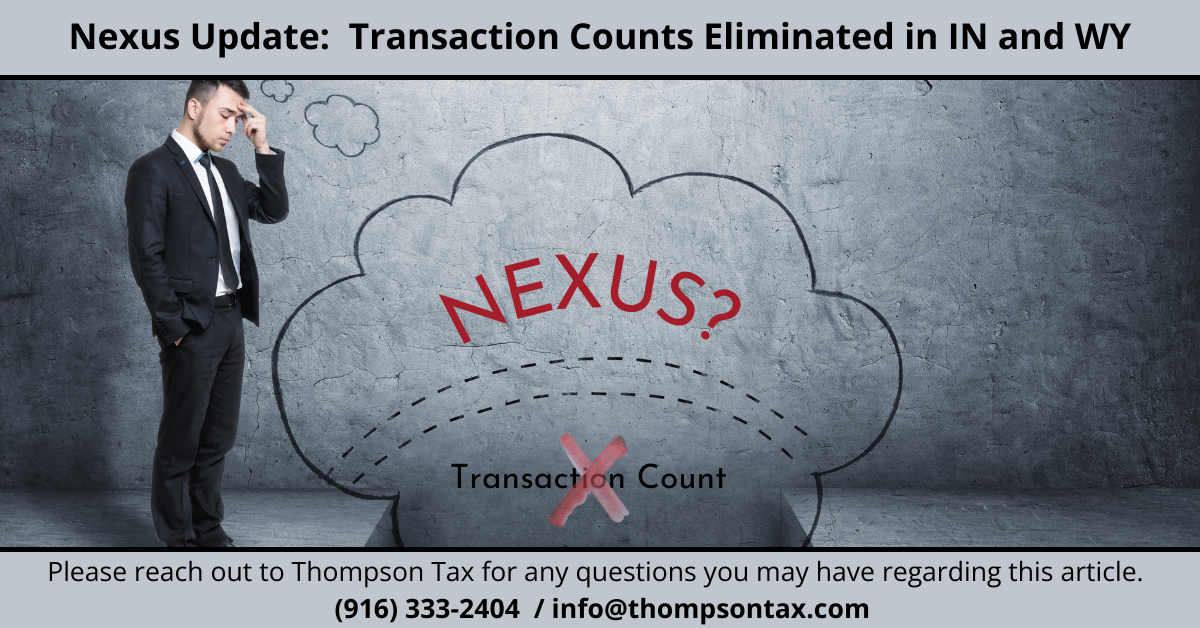
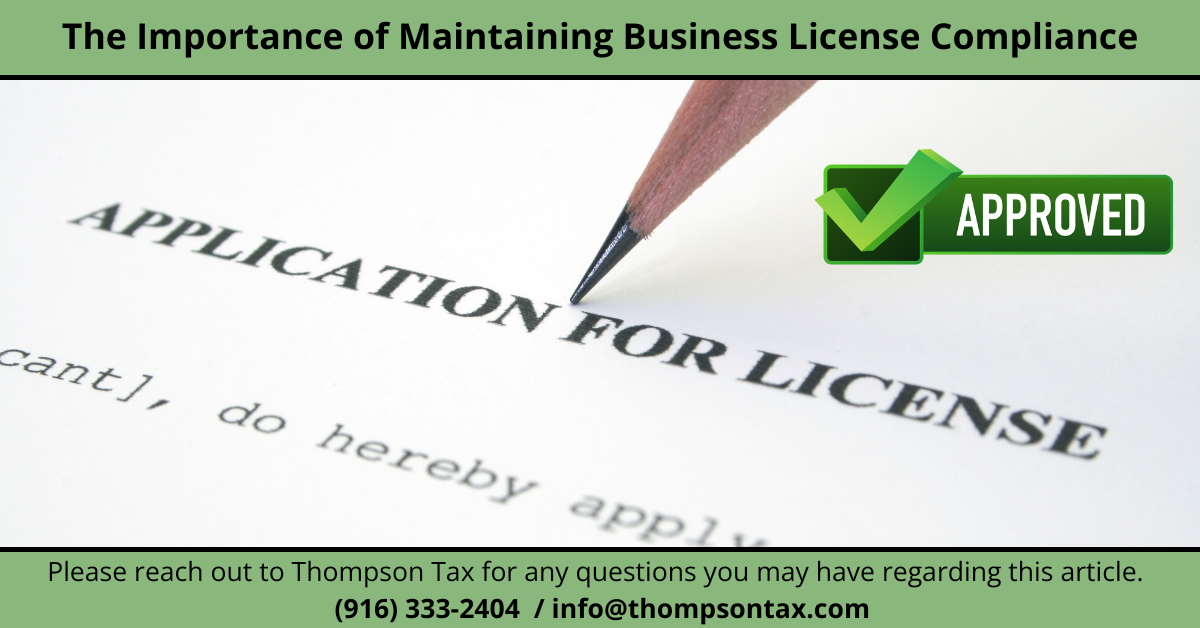
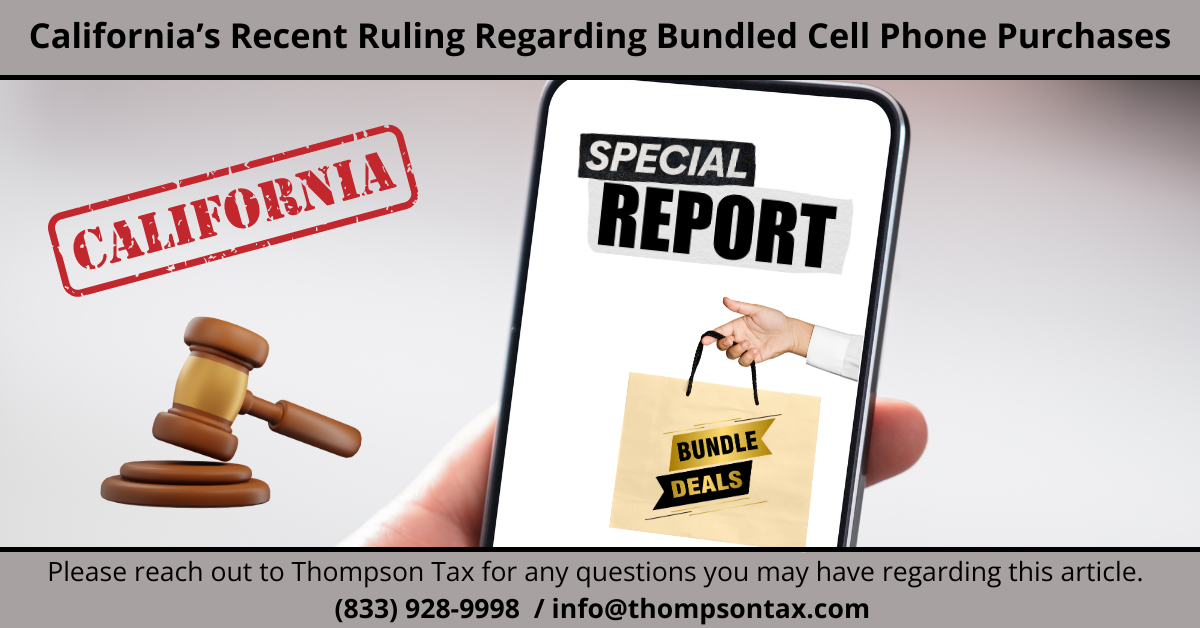
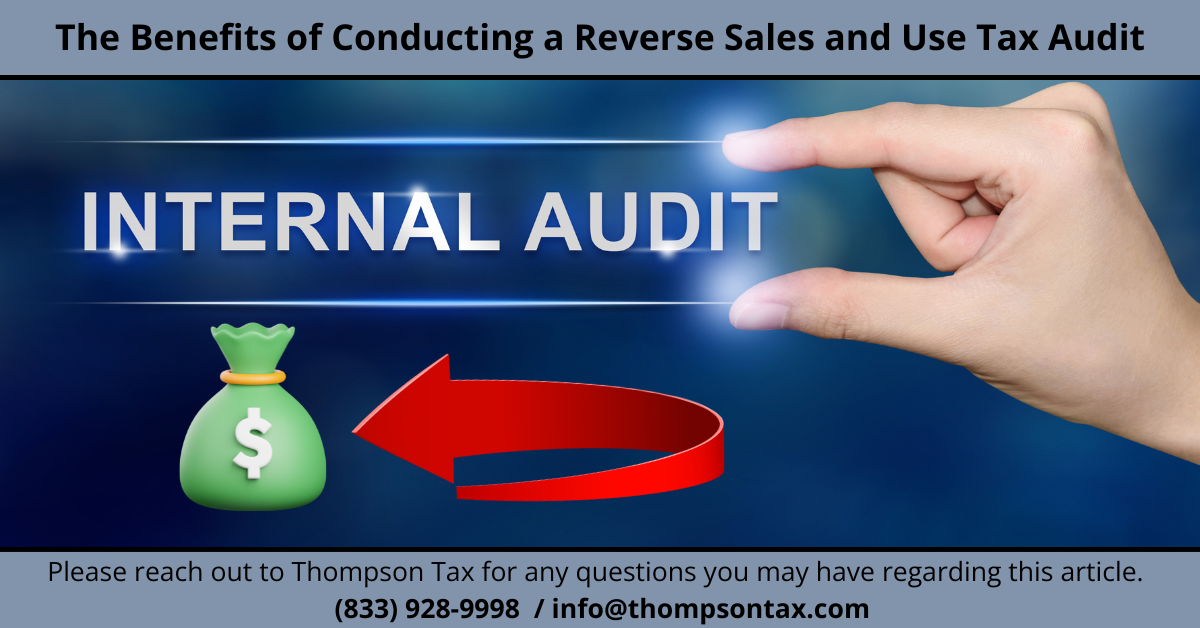
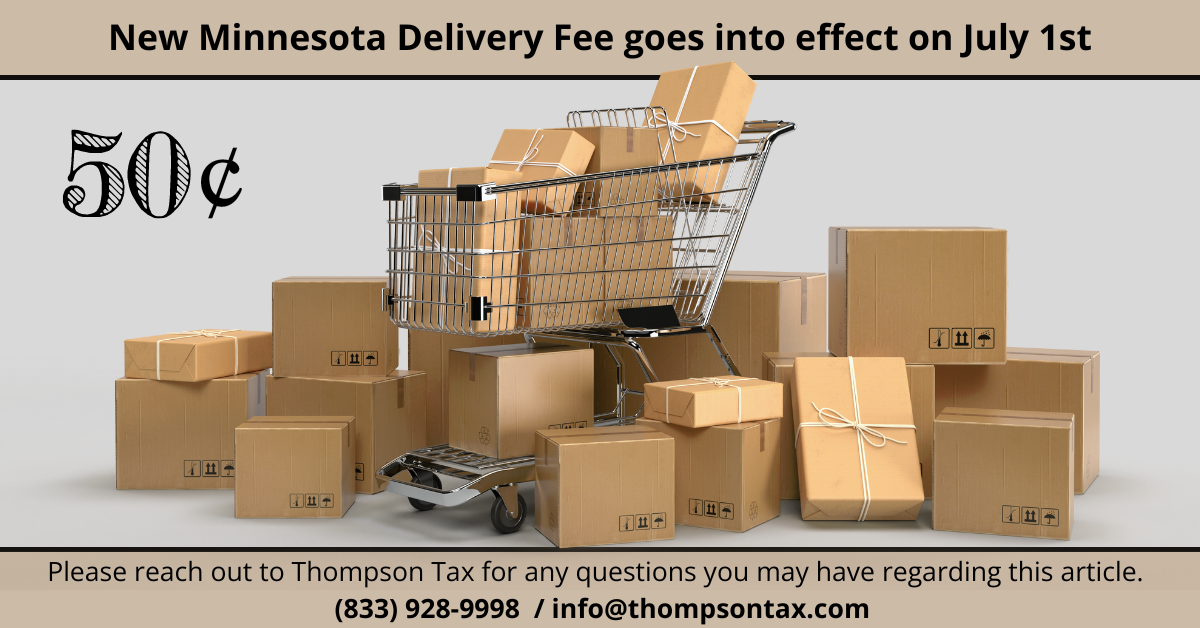
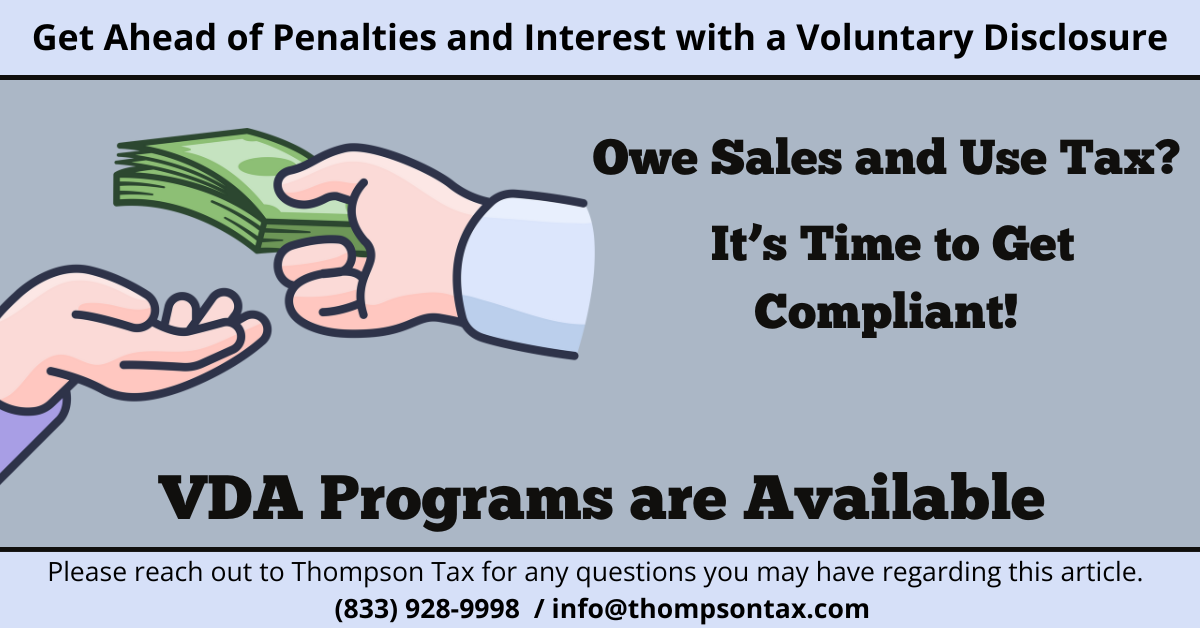

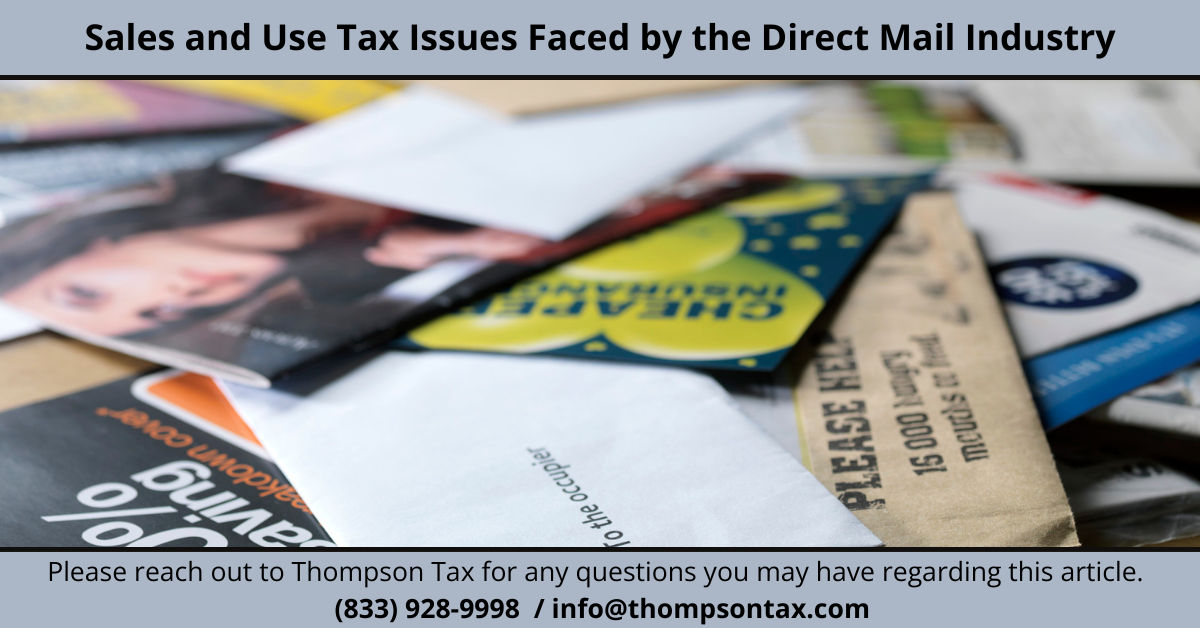
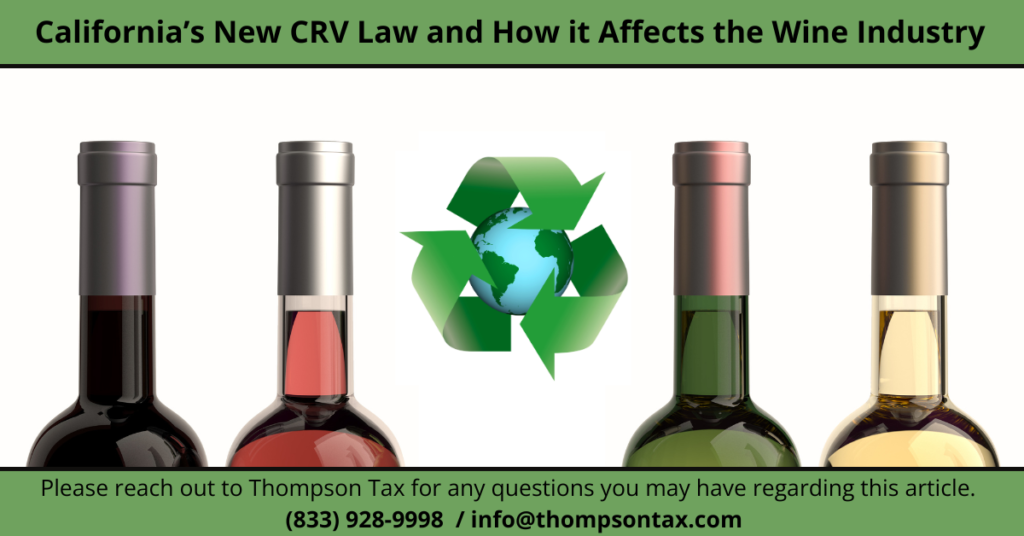
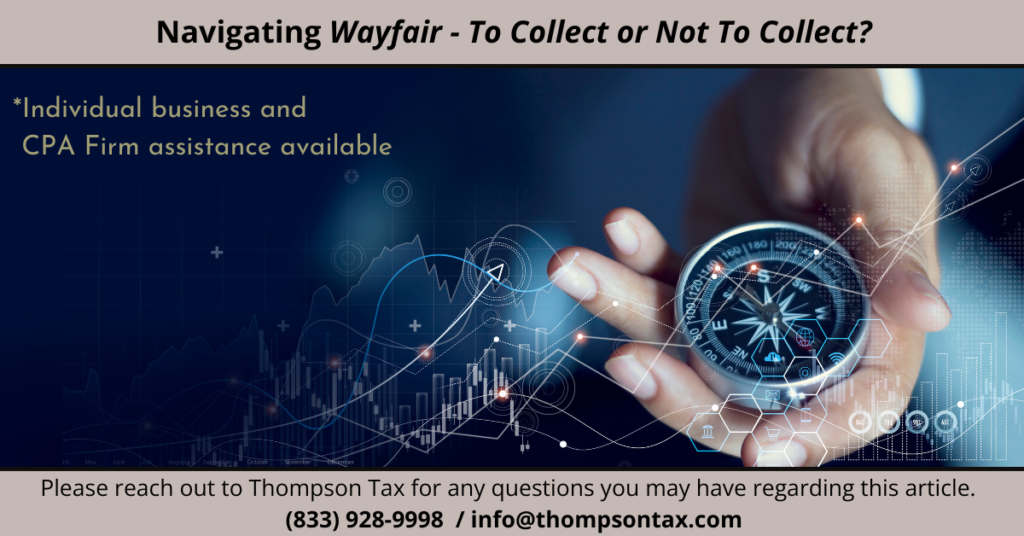
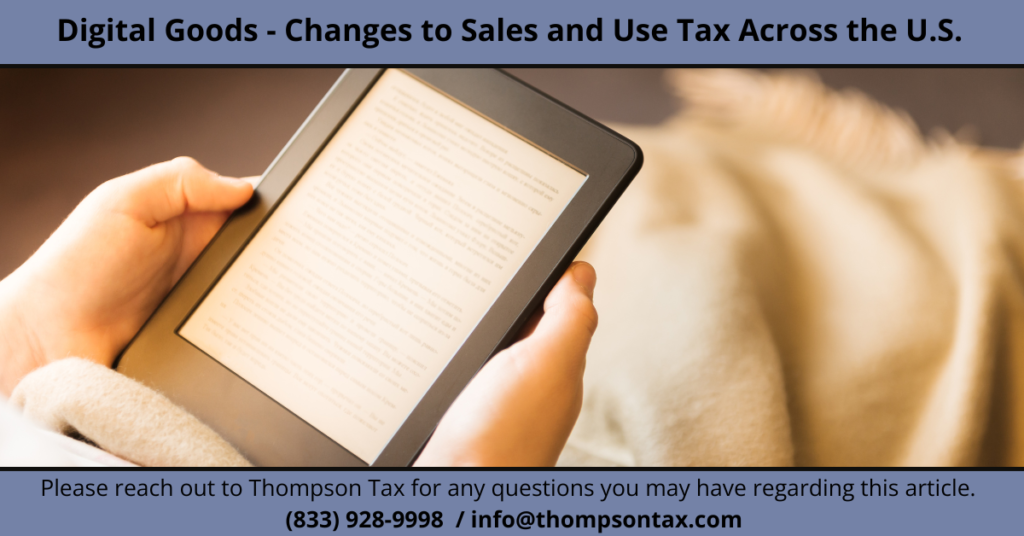
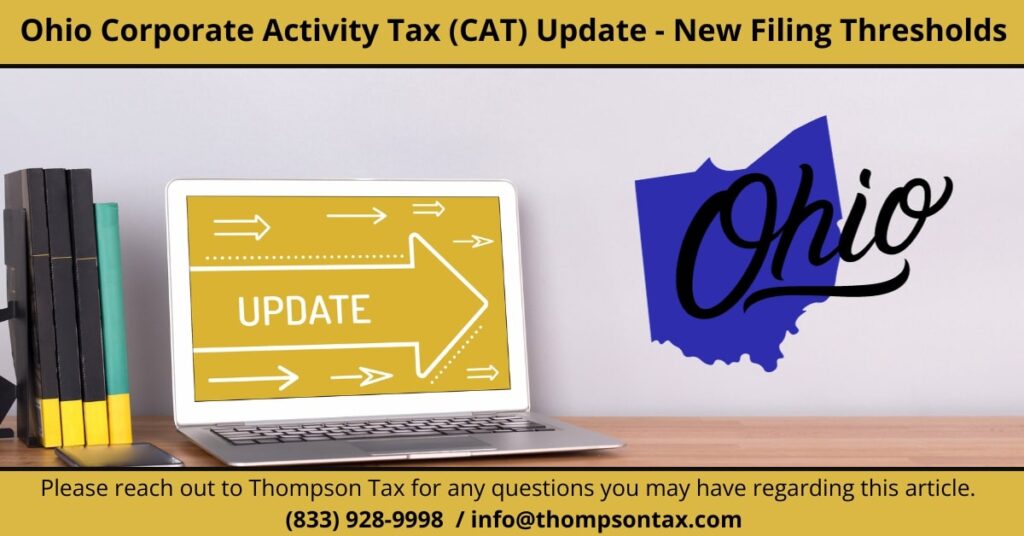
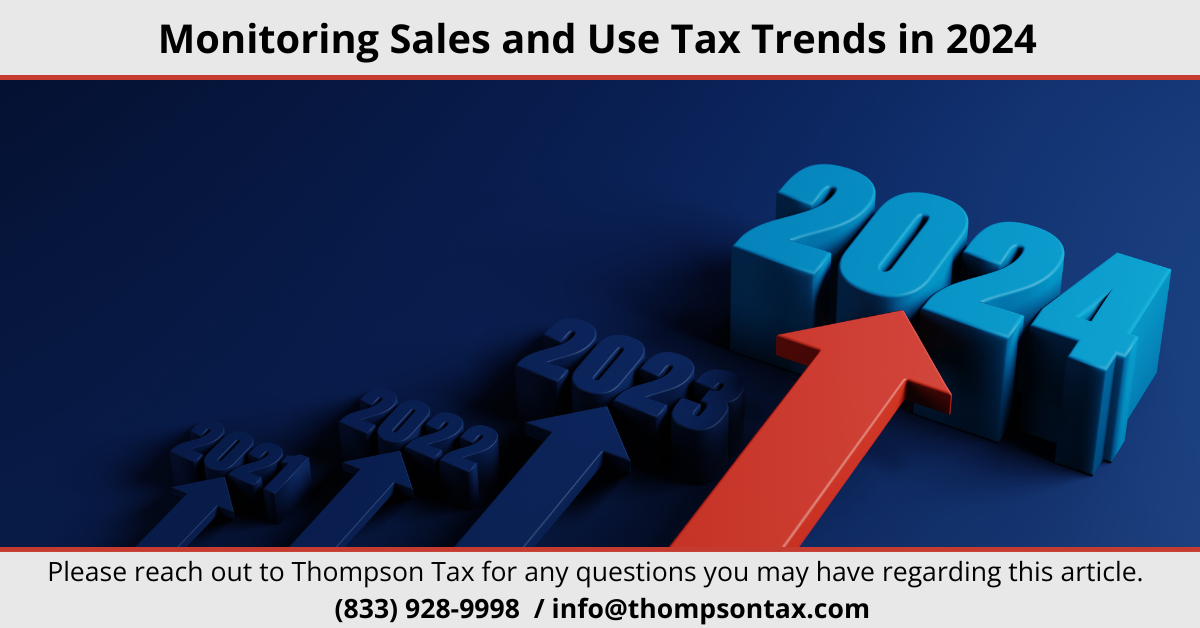
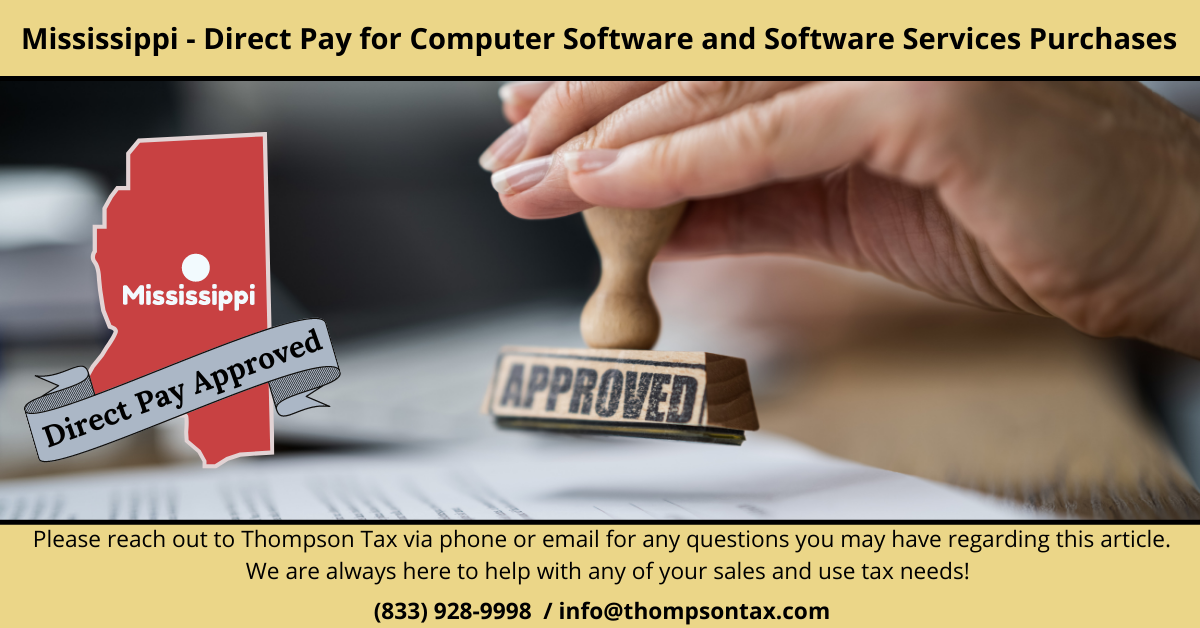
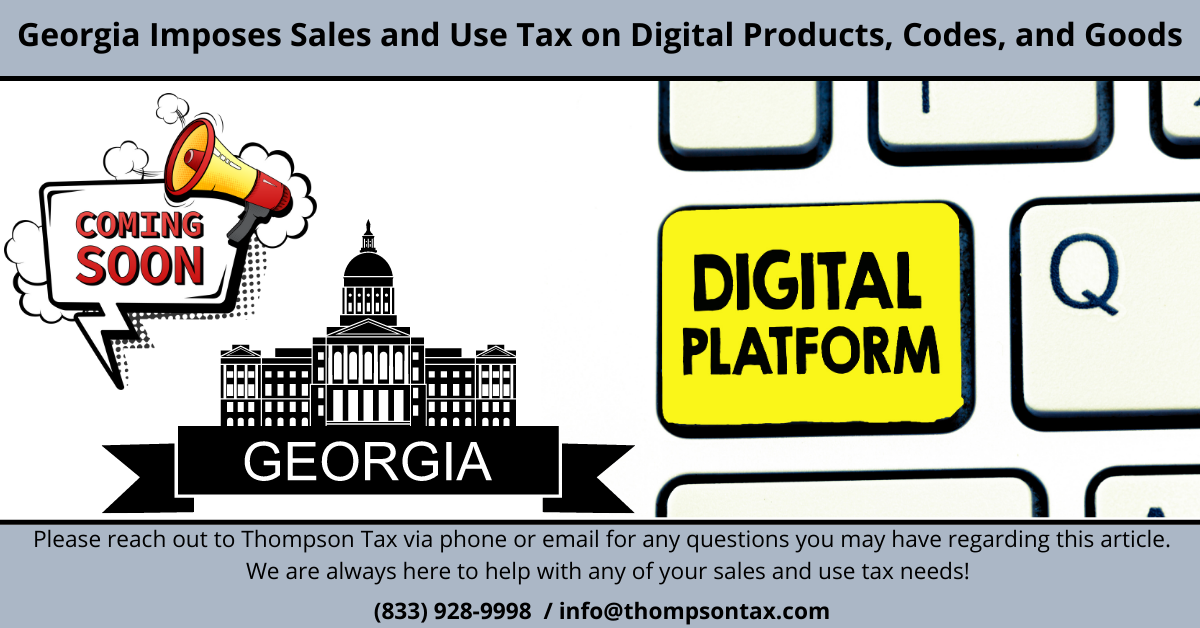 Effective January 1, 2024, Georgia will apply sales and use tax on the retail purchase of digital products, digital codes, and other digital goods that are transferred electronically to end-users in Georgia. The new digital sales and use tax will apply to the goods and products outlined below, provided that the end-user uses the digital products for personal consumption and not commercial use and is authorized to use the product, good, or code permanently after purchase with no obligation to continue paying for the product, good, or code after the initial sale.
Effective January 1, 2024, Georgia will apply sales and use tax on the retail purchase of digital products, digital codes, and other digital goods that are transferred electronically to end-users in Georgia. The new digital sales and use tax will apply to the goods and products outlined below, provided that the end-user uses the digital products for personal consumption and not commercial use and is authorized to use the product, good, or code permanently after purchase with no obligation to continue paying for the product, good, or code after the initial sale.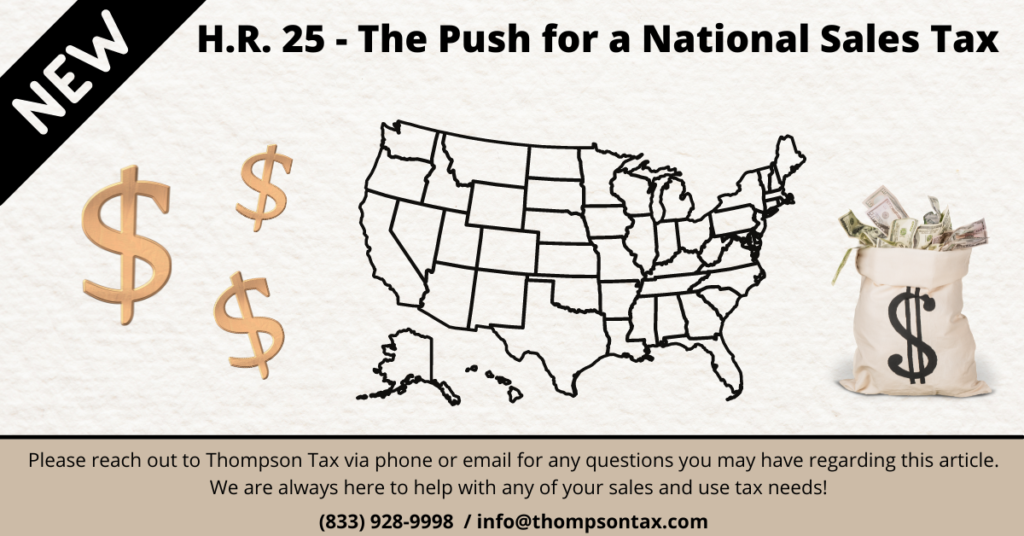 The Fair Tax Act of 2023 was recently introduced to Congress. If passed, the Act would allow a federal consumption tax of 23% on all goods and services that would replace most other federal taxes nationwide.
The Fair Tax Act of 2023 was recently introduced to Congress. If passed, the Act would allow a federal consumption tax of 23% on all goods and services that would replace most other federal taxes nationwide.